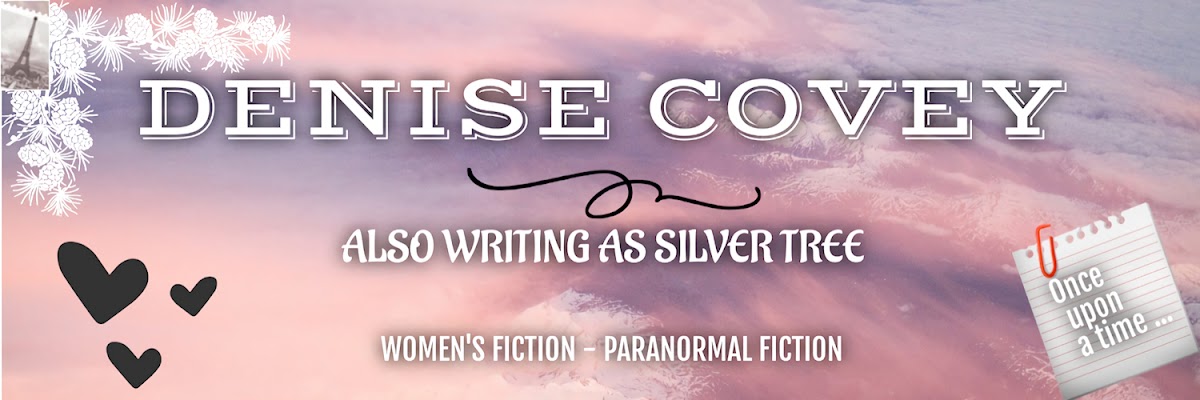Wednesday 21 April 2021
Wednesday 7 April 2021
#IWSG April 2021. Risk taking in writing.
Hello all!
Hope your month has been awesome. I'm sure this month will be interesting as we hear about risk taking in our writing.
Before I get into the question ...
So ... what does it mean to be a risk taker? A person who tries new things. Is that you? Is that me? Do we try new things in our writing?
To me, writing itself is risk taking. You could devote twenty years of your life to it and never finish anything, never publish anything. That's okay if you just love writing, but I want my writing to go somewhere. Do you?
BUT ... our writing can be flummoxed by so many writing 'rules' - (here's just a few that annoy me) -
* 'as' must come first in a sentence unless it's a comparison,
* you mustn't repeat the same word in a paragraph, so you're forever looking for synonyms to, for example, 'withdraw' which may not fit as well,
* then there's the 'you can't start a book/chapter with the mc waking up,
* show don't tell - if you use 'show' all the time, your book will be twice as long! Sometimes you just have to get to the point already!
* then there's the - no head hopping except in a romance ... blah, blah, blah.
I'm leery of 'writing rules' because I'm an avid, prolific reader and I see all of the above 'rules' broken by popular authors constantly (oh, and don't use *adverbs! Grr). And careful with *backstory. I read a lot of women's fiction and sometimes at the beginning there are pages of backstory. Can't say I enjoy that, and sometimes I throw the book across the room wondering how they got traditionally published, but what the heck, these are popular books which are best sellers on Amazon so there's a market. Breaking that 'backstory' rule hasn't hurt these authors who I imagine just sit down and write their story using their tried and true formula which keeps them on the best seller list in their genre. Pish to the rules they must think.
So is part of risk taking author behaviour breaking the above (and plenty more) writing rules? Do the writing police read our books? I think not.
But I think the person who came up with the question this month wasn't referring to writing 'rules' per se.
Other than breaking 'rules', my risk taking includes tackling issues. Not everyone likes this. A lot of readers read to escape and they don't want their equilibrium shattered by issues of domestic violence, patriarchal behaviour, PTSD and so on which you're going to find in my books when I publish. But I like books with issues, so that's what I write. There's a saying, 'write the book you want to read' and that's what I do. I don't set out to be controversial, I try to be real. Who doesn't struggle with something in their lives? I love books with issues and the mc overcoming in the end.
Thanks for reading. I'm sorry for my rant on 'writing rules' but sometimes I think they're pushed on newbie writers just to slow us down and keep us forever editing and never publishing.
What's your view on this? Do you stick to the ever-changing 'rules', or do you write the way you want to?
~*~



